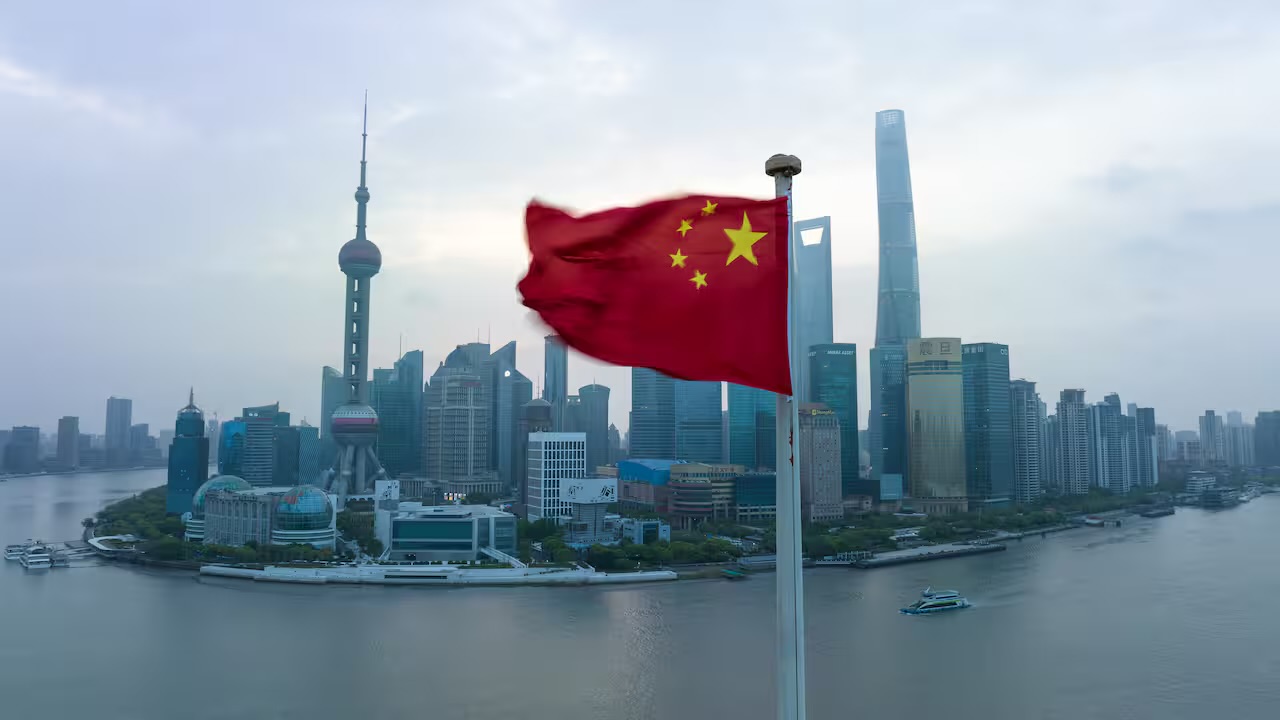
China Cracks Down on Unqualified Influencers: New Rule Demands Credentials for Medicine, Finance, Law, and Education Content

China has rolled out a sweeping new regulation requiring social media influencers to verify their professional qualifications before they can speak publicly on sensitive subjects such as medicine, finance, law, or education. The rule, which took effect in October 2025, is part of Beijing’s growing effort to curb misinformation and tighten digital content governance, according to reports confirmed by Chinese state media.
The announcement instantly stirred reactions across the global online community. The post, shared by NigeriaStories, featured a stunning image of Shanghai’s skyline — a fitting visual metaphor for the government’s expanding digital oversight in a country where the internet has long operated under strict watch.
Under the new policy, influencers and live-streamers must now provide verifiable licenses or professional certificates before offering advice in any of the four listed fields. Failure to comply could lead to bans, account suspension, or legal penalties. Chinese officials say the move is necessary to protect citizens from false medical claims, misleading investment schemes, and amateur legal or educational content circulating online.
In Nigeria, where influencer culture continues to thrive, replies under the post have turned the discussion inward. Many users praised the policy as a necessary step against fake “experts” who flood social media with dubious health and finance tips. Others, however, warned that such regulation, if introduced locally, could threaten free speech or be misused to silence critics.
The debate reflects a larger global tension between information freedom and online accountability — a digital tug-of-war every nation is now facing. As misinformation becomes harder to police and influencer influence continues to rise, China’s move may be the first domino in a worldwide push for professional responsibility on social platforms.

